20-Second Key Takeaways
- Mushroom tinctures are portable but often low potency per drop.
- Capsules and powders offer better value and dosing accuracy.
- Mushrooms extracted with the most suitable extraction method ensures a full spectrum of compounds.
- Always check which part of the mushroom is used and beta-glucan content.
“Tiny tincture bottles promise a lot, but are you really getting enough mushroom power in just a few drops? Sounds to good to be true if you ask us.”
TL;DR: Mushroom tinctures are trendy, but often deliver very low doses compared to capsules and powders. If you’re looking for real therapeutic effects, extract powders and capsules provide better potency, value, and transparency.
Table of Contents
- How Mushroom Tinctures Work (and Where They Fall Short)
- Bioavailability & Extraction Methods: Water, Alcohol, or Dual?
- The Dosage Math Most People Miss
- Mushroom Tinctures vs Extracts Comparison
- When Does a Tincture Make Sense?
- How to Read a Mushroom Label (Fast)
- Conclusion: Navigate the Landscape with Confidence
- Frequently Asked Questions
- References
- Continue Exploring
Why It Matters
Choosing the right mushroom format isn’t just about convenience. It’s about whether you’re actually getting enough beta-glucans, triterpenes, and antioxidants to make a real difference. Many tinctures under-deliver, leaving you with an expensive placebo. Knowing the difference helps you avoid wasted money and missed benefits.
However, before wholeheartedly embracing mushroom tinctures, it's crucial to delve deeper and explore their potential drawbacks, limitations, and investigate alternative delivery methods that might be a better fit for your specific health goals.
This comprehensive guide aims to shed light on the truth behind mushroom tinctures, providing in-depth insights into their considerations, drawbacks, and viable alternatives.

How Mushroom Tinctures Work (and Where They Fall Short)
A mushroom tincture is a liquid extract made by soaking dried mushrooms in alcohol, water, or both. The idea is simple: the solvent pulls out active compounds into a form your body can absorb.
But there are weaknesses. Alcohol doesn’t extract beta-glucans well, while water misses triterpenes. Many tinctures are highly diluted, so the actual mushroom tincture ratio of raw material to liquid is often very low.
Add in alcohol sensitivity and the lack of label transparency, no beta-glucan %, no extraction method, no fruiting body vs mycelium disclosure, and you’re left with more questions than answers.
Bioavailability & Extraction Methods: Water, Alcohol, or Dual?
Bioavailability is how much your body can actually absorb and use from the mushroom product and that depends on extraction method.
- Hot-water extraction works best for immune-active polysaccharides like beta-glucans.
- Alcohol extraction is needed for triterpenes and other adaptogenic compounds.
- Dual extraction combines both, aiming for balance.
The Dosage Math Most People Miss
Here’s where tinctures stumble.
Take a standard 30 ml mushroom tincture. One serving (1 ml) per day gives 30 servings total. At a 1:5 mushroom tincture ratio, you’re getting just 100 mg of mushroom matter per dose.

Compare that with a capsule or powder: each serving typically contains 500–1000 mg of standardized mushroom extract. That’s up to 10x more effective mass per serving making capsules and powders far more cost-efficient.
Mushroom Tinctures vs Extracts Comparison
| Format | Delivery | Pros | Cons | Best For |
|---|---|---|---|---|
| Alcohol Tincture | Low-moderate extract per ml | Portable, fast absorption | Low potency, expensive per dose | Travel or micro-dosing |
| Capsule | Standardised mg per cap | Accurate, easily managed | Fixed dose per capsule, less flexible | Convenience |
| Powder | Flexible grams of extract | Customizable, cost-effective | Requires mixing, taste | Beginners & Experienced users |
When Does a Tincture Make Sense?
Are mushroom tinctures effective at all? In some situations, yes.
They’re discreet, portable, and can help those experimenting with micro-dosing or who dislike the taste of mushroom powders. Some people also prefer tinctures for travel, where carrying bulk powders isn’t practical.
Still, this is the exception, not the rule. For most users, powders and capsules remain the smarter investment.
If you want to know whether mushroom extracts are worth it? The answer is yes, when you choose standardized, beta-glucan rich products backed by testing.
How to Read a Mushroom Label (Fast)
Most people buy tinctures without understanding the label. Here’s how to spot quality:
- Beta-glucan % → Not “polysaccharides,” but true immune-active compounds.
-
Fruiting body vs mycelium → Fruiting bodies are higher in actives in most cases.
- Third-party tests → Proof that the product is safe and effective.
Quick check: If the label doesn’t list extraction method or beta-glucan %, question its quality.
I Want Learn How To Read Supplement Lables.
Conclusion
By understanding the limitations of mushroom tinctures and exploring a variety of alternative options, consumers are empowered to make informed decisions about incorporating mushroom supplements into their wellness routines.
Prioritising transparency, potency, sustainability, and personal preferences is key to selecting the right method for you.
Frequently Asked Questions
1. What are mushroom tinctures?
They are liquid mushroom extracts made by soaking mushrooms in water, alcohol, or both.
2. Are mushroom tinctures effective?
Sometimes—but most contain very little active compound per serving compared to capsules or powders.
3. Do mushroom tinctures work faster than capsules?
They may absorb slightly quicker, but dosage strength matters more than speed.
4. How long do mushroom tinctures take to work?
Most people need consistent daily use for 2–3 weeks to notice benefits.
5. How long do mushroom tinctures last?
A 30 ml bottle usually lasts about 30 days at 1 ml per serving. Shelf life depends on alcohol content—often 1–2 years.
6. Are mushroom extracts safe?
Yes, when properly prepared and tested. Look for third-party verification and fruiting body sourcing.
7. Are mushroom extracts effective?
Yes—standardized extracts deliver concentrated active compounds like beta-glucans and triterpenes.
8. Are mushroom extracts worth it compared to tinctures?
For most people, yes. Capsules and powders provide better potency and value.
9. Are mushroom tinctures better than capsules?
Generally no. Capsules provide more measurable dosage without alcohol.
References
- Venturella, G., Ferraro, V., Cirlincione, F., & Gargano, M. L. (2021). Medicinal Mushrooms: Bioactive Compounds, Use, and Clinical Trials. International journal of molecular sciences, 22(2), 634.
- "Influence of Drying Methods on the Antioxidant Properties of Culinary-Medicinal Mushrooms Cultivated on Agricultural Wastes" National Institutes of Health (.gov)
- Venturella, G., Ferraro, V., Cirlincione, F., & Gargano, M. L. (2021). Medicinal Mushrooms: Bioactive Compounds, Use, and Clinical Trials. International journal of molecular sciences, 22(2), 634.
Continue Exploring
Dive deeper into mushroom supplements for menopause wisdom with our expert blogs and FAQs, and shop Antioxi’s premium blends and extracts crafted for maximum safety & potency.

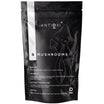
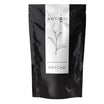
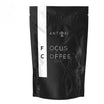
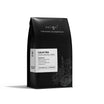
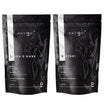
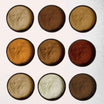
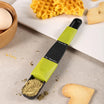
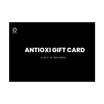
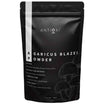
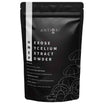
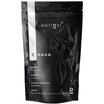
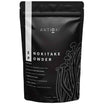
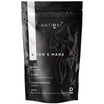
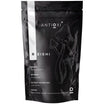
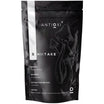
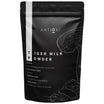
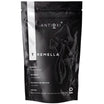
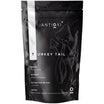

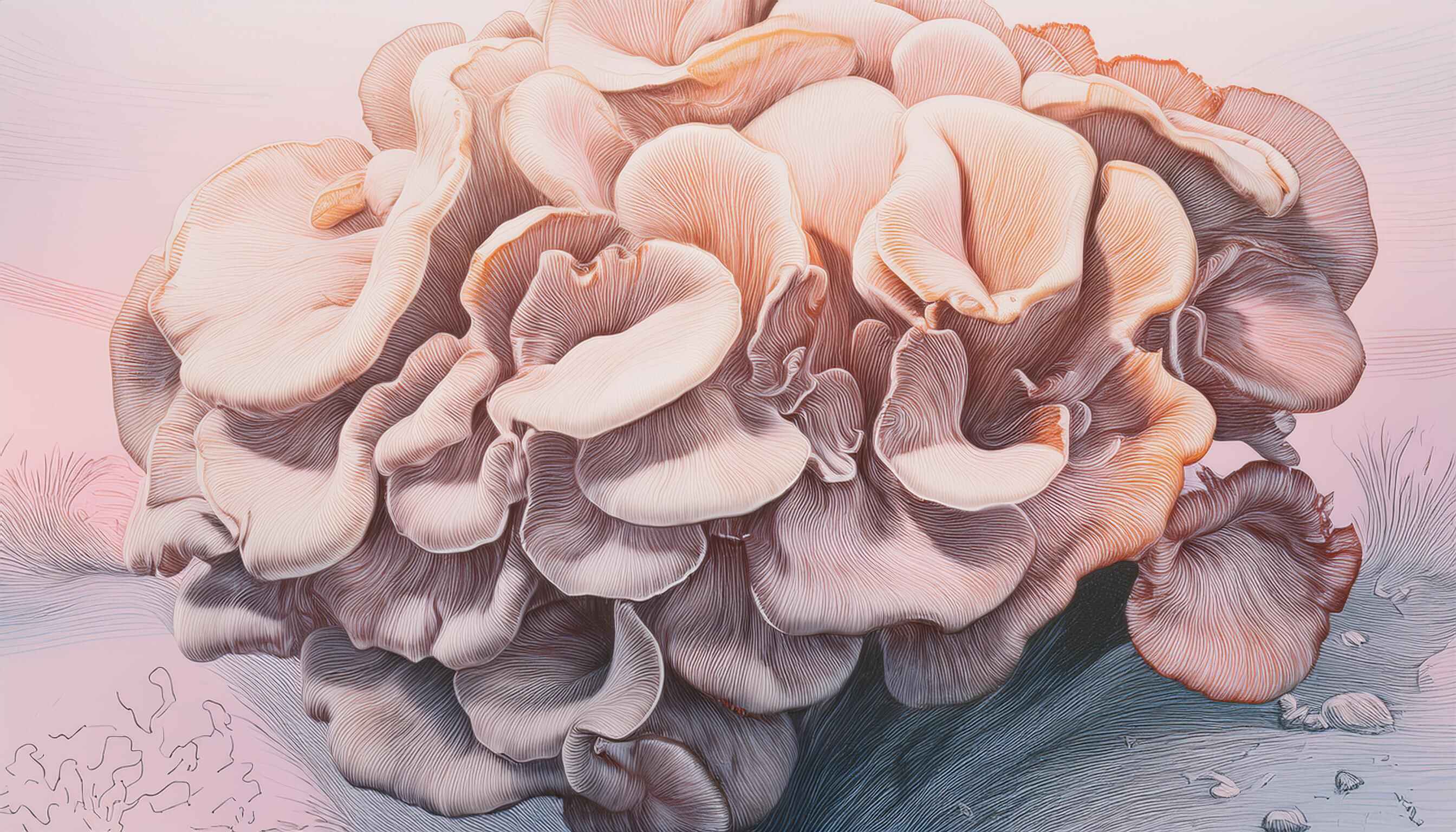
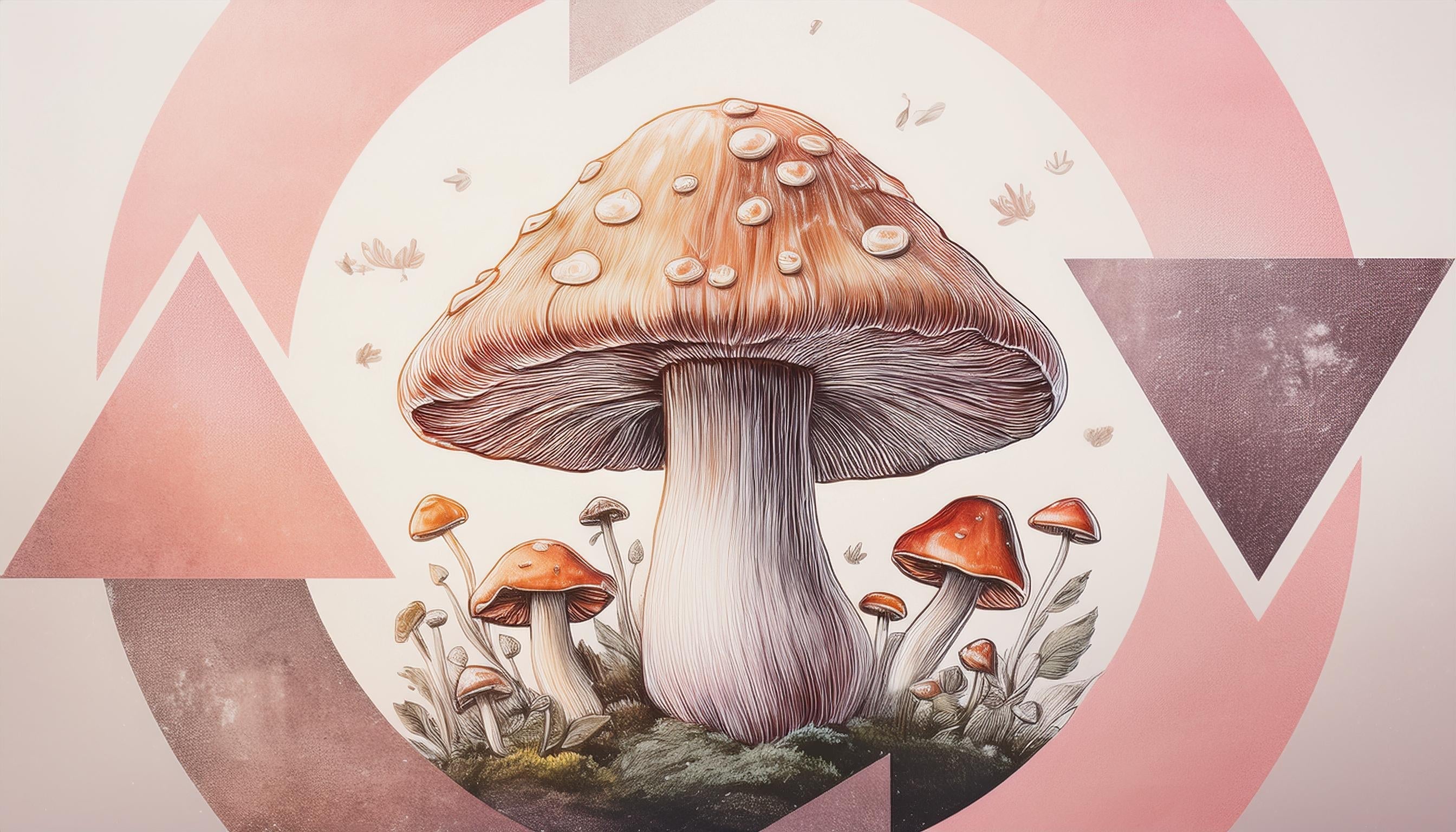
3 comments
gpacker
wow great work
Admin (Antioxi)
Hi @Stuart
Thank you for taking the opportunity to learn more about mushrooms through this blog. Concerning your question one of our team members will reach out to you soon.
Best wishes,
Theo
Customer Happiness Manager
Antioxi Group
Stuart
Hi new to this
How meny mushroom do I need and how much alcohol
Leave a comment
All comments are moderated before being published.
This site is protected by hCaptcha and the hCaptcha Privacy Policy and Terms of Service apply.